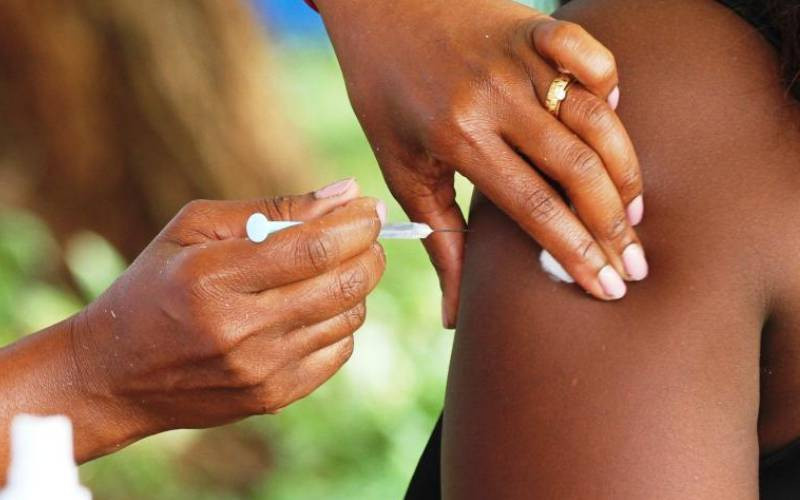×
The Standard e-Paper
Kenya’s Boldest Voice

In the dynamic landscape of global health, Africa stands as a continent uniquely characterised by myriad challenges and untapped potential. This complex backdrop significantly elevates the importance of the Conference on Public Health in Africa (CPHIA), 2023.
Organised by the Africa Centre for Disease Control and Prevention in Zambia, the summit is not just a meeting of minds but a convergence of visions aimed at reshaping the continent's public health narrative.